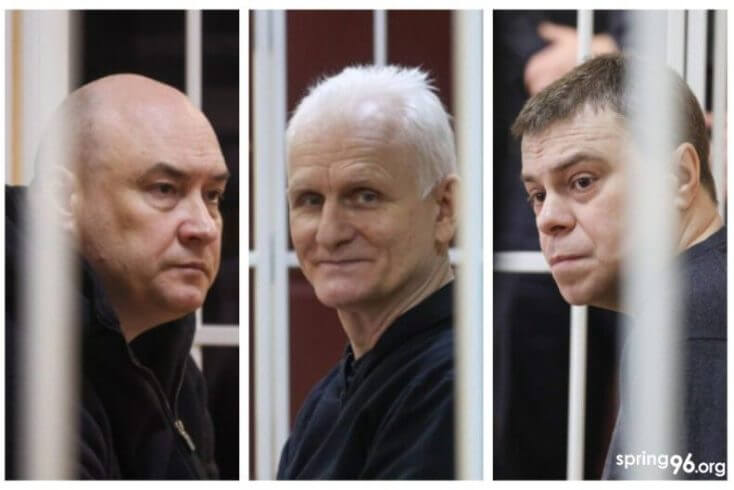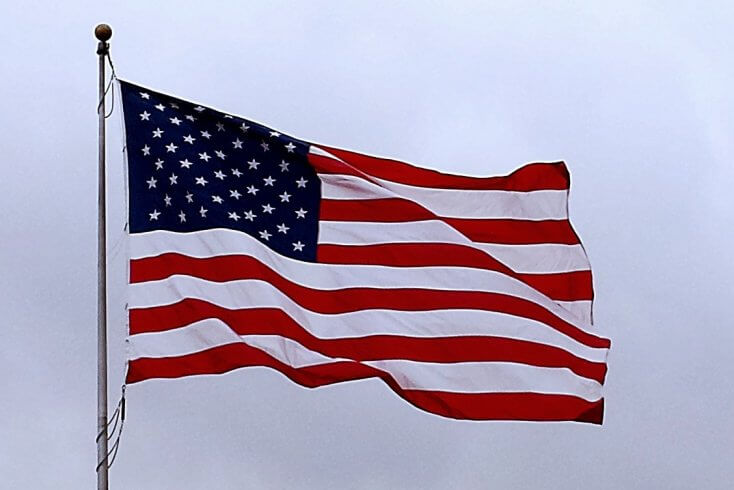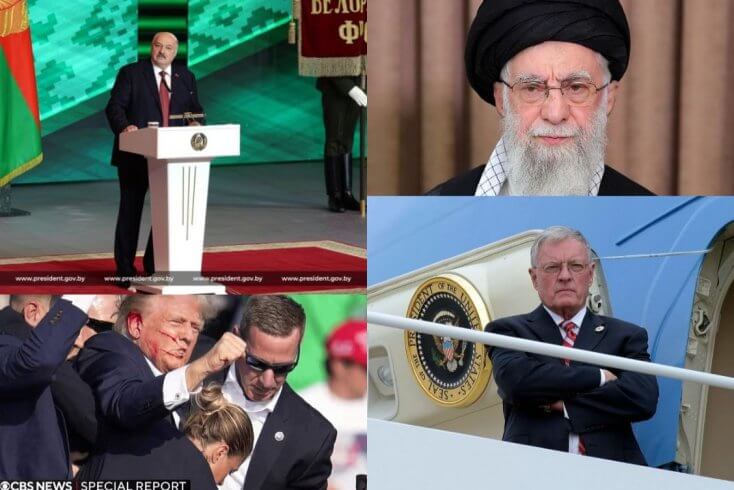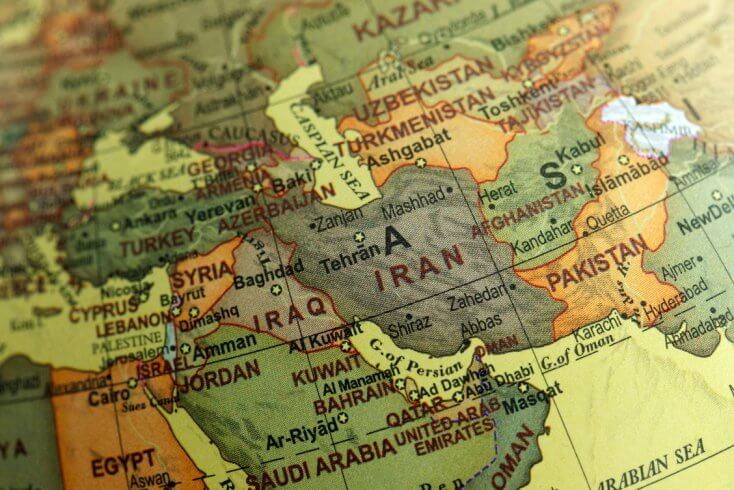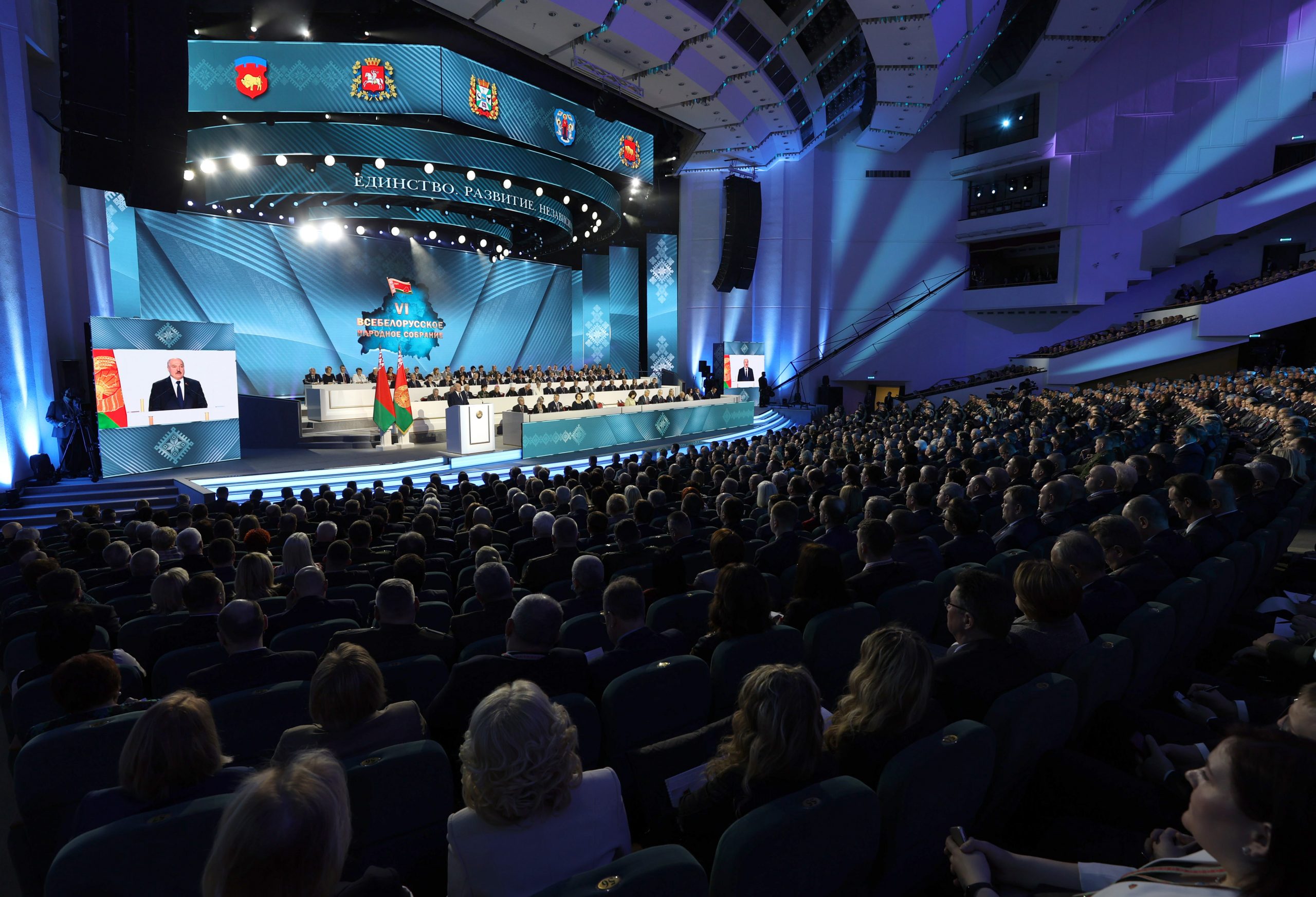
The Belarusian authorities are closing down opposition parties before elections scheduled for 2024 and 2025. The Supreme Court on August 15 shut down the opposition mainstays, the United Civic Party and Belarusian Popular Front. Forced into exile, opposition leaders may not be able to influence the government’s script.
Script
The government’s intention is to pick loyalists and form an opposition-free parliament and local elected councils (soviets) in 2024 and then conduct a stage-managed ritual to “elect” Alaksandar Łukašenka for another five-year presidential term in 2025.
The justice ministry has registered four pro-government parties so far. It is unlikely to register any other political forces, both loyal and critical, as part of the ongoing political reform.
Meanwhile, Alieh Hajdukievič, leader of the pro-government Liberal Democratic Party, one of the four registered parties, has suggested that only government-approved parties should be allowed to put forward presidential candidates.
Under regulations currently in force, bidders are required to garner 100,000 signatures, no partisanship restrictions apply.
Opposition calls on voters to sit out
Opposition delegates at a conference in Warsaw earlier this month urged voters not to take part in what they described sham elections.
The opposition, however, stopped short of appealing for an election boycott, probably realizing that it has no tools to stage an effective boycott campaign.
The Electoral Code prohibits any efforts intended to disrupt or force the authorities to postpone elections or referenda. Therefore, anyone speaking out for a boycott would be immediately locked up.
The Warsaw conference delegates suggested that the opposition camp should propose voters a safe way to express their indignation at the 2024 elections.
There is hardly a safe way to express discontent with the government in Belarus.
Basically, the regime is not scared of any attempts to boycott or sit out the election. Authorities will use coercive power to force voters to fill out ballots, and even if not enough voters show up, election officials can always inflate the turnout to make numbers shine.
Coordination Council
The opposition plans to hold an election for its proto-parliament, Coordination Council, next year and urged voters to take part “in the alternative unified campaign of the pro-democracy forces” instead of voting in the government-choreographed elections.
The opposition is likely to use online tools to register and count votes. It will find it difficult to mobilize voters amid the continuing crackdown on dissent.
About 10 percent of voters sent copies of their ballots to the opposition’s Holas platform during the 2020 presidential race, which was held in a much more favorable environment.
The proportion is likely to be lower in 2024. First off, political engagement is usually lower during parliamentary elections than during presidential races. Besides, the Coordination Council is based abroad, and its work makes little difference for voters based in the country. Moreover, Belarus-based citizens nominated for the Coordination Council are likely to be arrested.
Second, the government can block access to the opposition’s online voting platform for Belarus-based voters. It takes skills, motivation and huge courage to bypass restrictions for those who try to slip under the government’s pervasive surveillance radar.
Obviously, opposition leaders cannot just sit and do nothing. But the task of elaborating an effective tactic is extremely difficult. It would be difficult to energize Belarusian voters as long as terror continues.
Certainly, the political context can change dramatically if Ukraine achieves a breakthrough in the battlefield.
